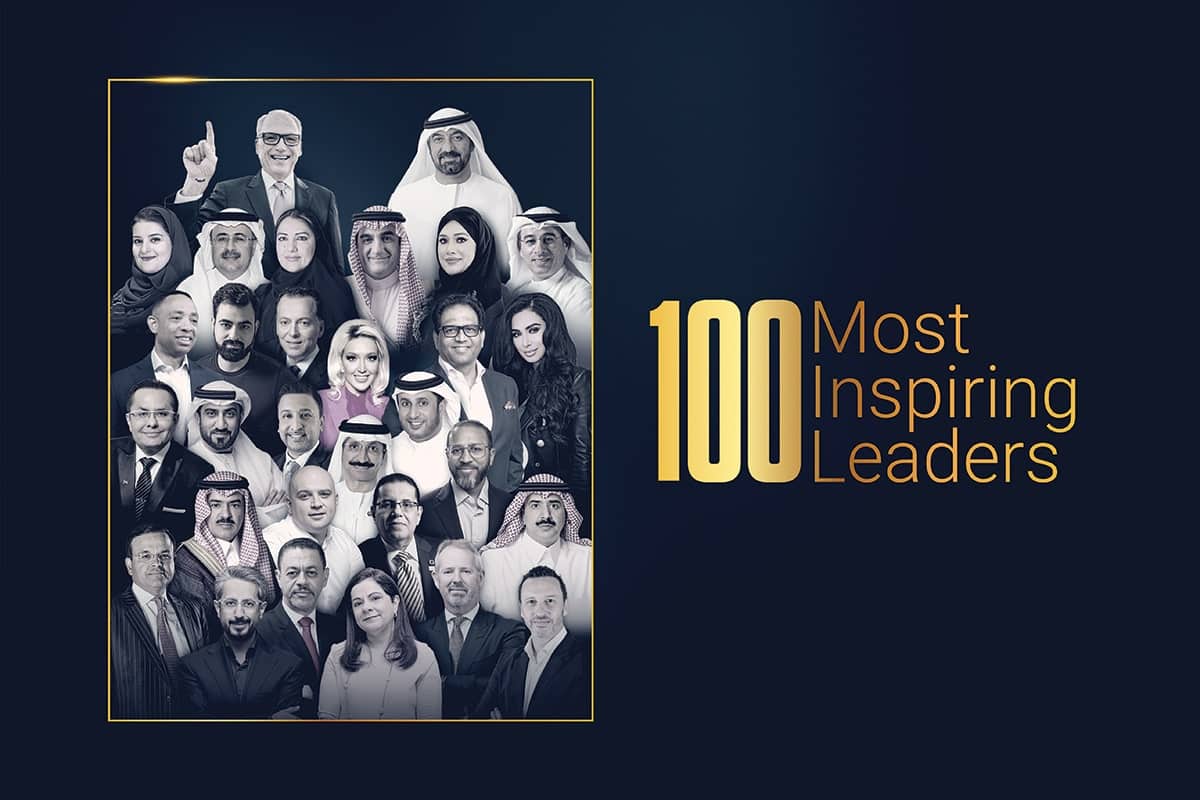In 2023, China Hongqiao Gathering, one of the biggest aluminum makers on the planet, shut down 1.5 million tons of refining limit and got it the nation over — turning off from coal power and interfacing rather to cleaner hydroelectric power. Without anyone else, the move is supposed to cut carbon contamination from those smelters by 30%.
The sort of business choice would have been unfathomable only a couple of years prior, and an emotional illustration of an early however significant pattern: business making an immediate move to battle environmental change.
Tackling environmental change requires strong recent fads of business administration. It additionally requires assembling huge measures of capital — ongoing appraisals change from $3 trillion to $5 trillion yearly over the approaching 10 years — into pragmatic arrangements that lessen outflows, reestablish nature, and work on personal satisfaction. Researchers have distinguished the issue and can assess our choices; activists and coordinators can enhance the discussion; however organizations are many times best situated to really send arrangements on the ground, at scale.
This is beginning to occur. The U.S’s. Expansion Decrease Act, considered the main piece of environment related regulation ever, addresses about $370 billion in venture throughout the following 10 years, and another age of business pioneers is exploiting its motivating forces to assemble better items, administrations, and organizations. However, sadly, business is as yet moving very leisurely, and the vast majority have no clue about that these changes in trade, regulation, strategy, innovation, local area administration, and science are occurring.
More From TIME
As a matter of fact, the supposed greenhushing impact — organizations deliberately keeping silent about activities on environmental change and nature, inspired by a paranoid fear of cruel public examination — was more grounded than we expected while making this rundown. Instances of unmistakable business activity were not top of brain, even among environment specialists. Yet, when we looked, we found endless confident instances of business pioneers driving positive activity at the present time — even on the planet’s most intensely contaminating enterprises like delivery, assembling, horticulture, and energy.
To recognize the genuine changemakers, TIME’s editors went through months with our in-house environment specialists at TIME CO2 (Isabella Akker, Honey bee Hui Yeh, Simon Mulcahy, Shyla Raghav, Andrew Wu, and me) screening assignments from across the economy. In accordance with the most recent logical and financial reasoning, we focused on candidates from five frameworks generally critical to change: energy, nature, money, culture, and wellbeing. We esteemed quantifiable, versatile accomplishments over responsibilities and declarations. We inclined toward later activity. Eventually, the debut TIME100 Environment list delivered no single ideal case of complete environment activity, however huge numbers of people gaining critical headway in battling environmental change by making business esteem. We got some information about it, trusting their words will mix others to do likewise.

